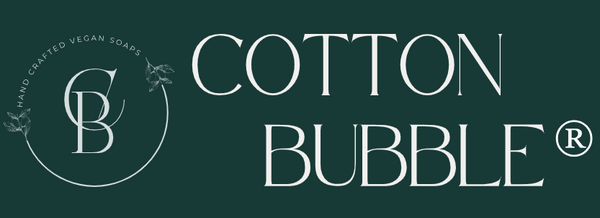Peppermint, Menthol, and Cancer Risk: What the Science Really Says

When formulating my summer soap—featuring peppermint, turmeric, and orange—I began researching peppermint extract more deeply.
As someone with a Ph.D. in biochemistry and cancer biology and a background in cancer drug discovery, I wanted to be certain about every ingredient I use, both in terms of efficacy and safety.
One concern that occasionally comes up with peppermint oil is a compound called pulegone. Pulegone is naturally found in many mint species and is listed under California’s Proposition 65 as a potential carcinogen. It even requires a cancer warning label in the state—for food products. Understandably, this can cause alarm. But when I looked into the science, what I found was both fascinating and reassuring.
Here’s what matters:
- The peppermint oil I use is tested for purity, and my supplier provides GC-MS analysis confirming that pulegone is not present.
- The Prop 65 classification of pulegone stems from studies in which it was inhaled in large quantities—specifically in the context of menthol cigarette smoke. These studies showed an increased risk of lung cancer in smokers, not from topical exposure or occasional use in cosmetics or personal care products.
- There is no direct scientific evidence showing that topical application of peppermint oil containing trace levels of pulegone poses a carcinogenic risk.
What truly stood out in my research is the extensive scientific literature on menthol, the primary component of peppermint oil. A recent publication (Menthol: An underestimated anticancer agent) highlights menthol’s anti-cancer activity—including its ability to modulate inflammation, promote apoptosis in cancer cells, support circulation, and regulate oil production. These properties are particularly relevant for summer skincare, when the skin is often stressed by heat, sweat, and environmental exposure.
For context: anti-cancer activity does not mean a substance cures cancer. Rather, it refers to mechanisms that can suppress, slow, or interfere with cancer progression. In the same way an anti-theft system protects a vehicle but doesn’t reverse a theft, anti-cancer agents act preventatively—not as cures.
In addition to its cooling effect and evidence-based health benefits, peppermint brings a refreshing, natural aroma to my Turmeric Orange Summer Soap. Turmeric offers antioxidant and brightening properties, while orange essential oil is known for its antibacterial benefits. Combined with peppermint, this formula is designed to support healthy skin during warmer months—without the need for synthetic detergents or occlusive agents commonly found in commercial body washes.
This is why I choose to formulate my soaps with plant-based oils rich in fatty acids like oleic and linoleic acid, which help maintain the skin barrier instead of stripping it. The result is a soap that leaves your skin clean, refreshed, and comfortable—never dry or coated.
If you're looking for a gentle yet functional summer skincare solution rooted in science, I hope you'll give this soap a try by Cotton Bubble.
